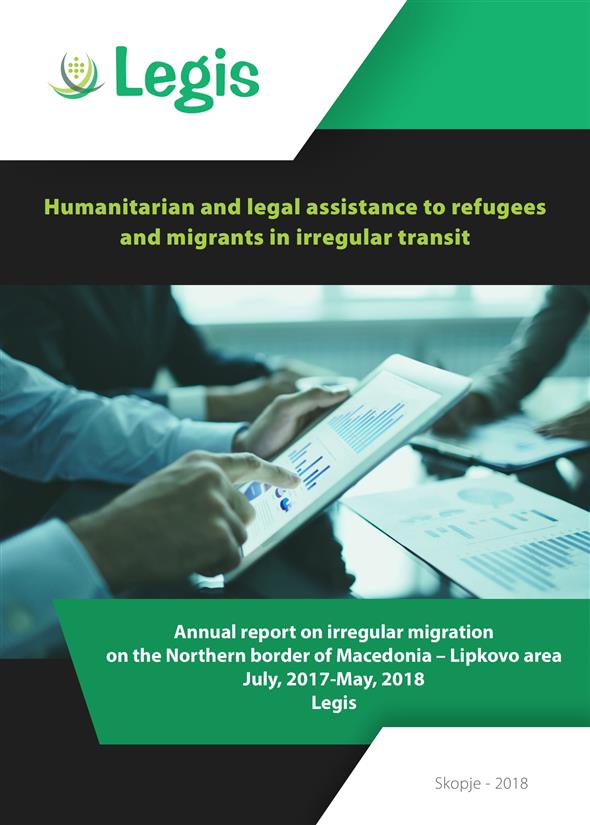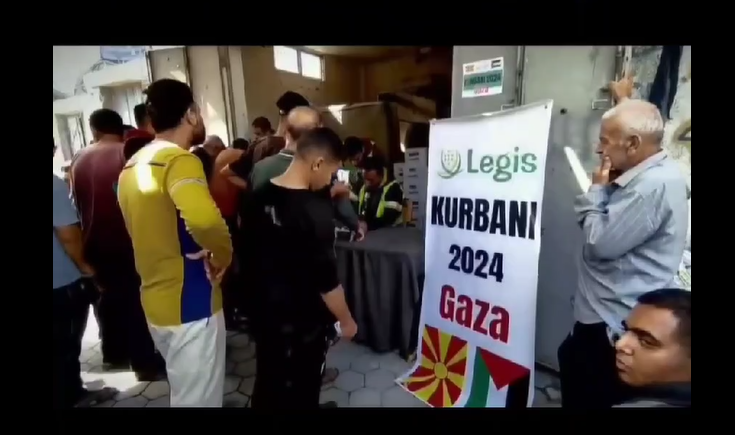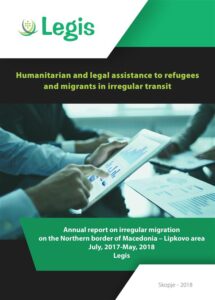
REVIEW
Of the Annual report on irregular migration on the Northern border of Macedonia
– Lipkovo area, July, 2017-May, 2018
The Annual report on irregular migration on the Northern border of Macedonia – Lipkovo area, July, 2017-May, 2018 is a part of the project Humanitarian and legal assistance to refugees and migrants in irregular transit, implemented by Legis. The Methodology used in this period is integral part of the methodology architected for the whole project: the Qualitative method and Quantitative method, with numerous field tailor made activities. This methodology implemented by Legis’s experienced researchers obtains deep analytical view and numerous relevant data, valuable for the community responsible for the migration policy.
The value of this text is that it objectively presents the situation on the ground, such as the risk faced by irregular migrants, the administrative obstacles in the phase of irregular crossing of the border, the violence they are exposed to, their vulnerability and the possibility of being pulled by the smugglers, then the right to access to the right to asylum, which although it is a universal human right, is selectively available to them. Most of the settings in the Annual Report on irregular migration on the Northern border of Macedonia can also be found in the Ombudsman’s report, while other competent institutions, primarily the police, try to relativism them.
The report, along with statistical data, makes an overview of the situation, early warnings, risks, problems and challenges that migrants face in their transit through the Republic of Macedonia.
The assistance provided by Legis includes distribution of basic food and non-food items, medical referrals, information about rights and asylum in Macedonia and referrals towards the existing services, as well as monitoring of numbers, flows and human rights abuses that the people in irregular migration have been exposed to during their travels.
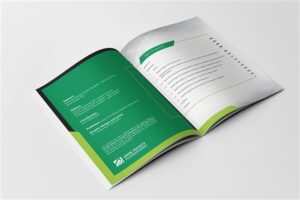
LEGIS’ teams are actively monitoring the situation with irregular migration and providing assistance and referrals to people using the irregular transit channels in Northern region since the migration crises (2016).
Statistical data relating to the analyzed period (12 months) help in the profiling of the migrants according to sex, age and category of vulnerability. They make it more likely and predictable to monitor the situation with irregular migrants and to plan preventive security activities in the local community and wider, better medical and social care and better services.
The highest percentage of the population reached in Lipkovo by LEGIS’ teams in the period of May 2017 – April 2018 is from Pakistan, 41% (385 people), followed by Afghanistan 26% (249 people), Iran 7% (66 people) and Algeria 7% (61 people). People from Syria encountered in Lipkovo during irregular migration represent 4% (42 people). These statistics fixed public perception that most migrants going through Macedonia are from Syria.
Another interesting aspect for human rights violations documented by the Legis field team is that most violations are connected to illegal push-backs by Serbian authorities towards Macedonia and then, illegally deported or pushed by local authorities further to Greece. This issue is noted by the NGOs with the closing of the borders in 2016 and has continued till date. The causality of human rights violations due to these practices could be linked with:
– Lack of registration and documentation of migrants in irregular transit.
– Illegal push-backs and deportation by border authorities on the route between Greece-Macedonia-Serbia.
– Lack of protection of unaccompanied minors in irregular migration.
– Increased violence towards refugees and migrants and lack of HR violation reports to authorities and measures for protection from organized crime groups and smugglers. Legis paper indicate that for the reporting period, a total of 281 people were denied access to territory (pushed back) from Serbia to Macedonia while attempting illegally to cross the border (green border) or were deported from Serbia to Macedonia without following the legal procedure of deportation near the Lojane, Tabanovce and Sopot villages.
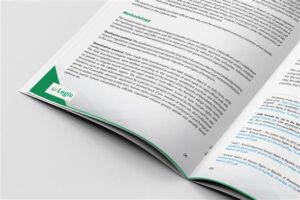
The Annual report… highlight the new moment in the irregular migration (p. 15): “some of the people that were deported from Serbia to Macedonia, did not use Macedonia as a transit country towards Serbia, but entered Serbia using the route through Bulgaria or other routes of transit”.
The important finding from the Annual report is that the Republic of Macedonia remains a country of transit for irregular migration. However, the border authorities of Greece, Macedonia and Serbia developed illegal push-back and deportation practices, increasing the potential risks for human rights violations, beside organize crime groups operating in the Northern border of the state.
The figures presented by Legis are telling that the irregular migration in the covered period is present with oscillations, but in the spring months of 2018 has increasing tendency. This statistical data suggest this trajectory o be carefully monitored in the future, and to be analyzed s part of the global migration frame on the Balkan Rute and widely.
Research done by Legis confirmed the findings of other NGOs (Helsinki Committee, January, 2018) that the access to territory prevent the implementation of the human rights of the refuges and protection. The lack of proper registration and documentation of the irregular migrants & refugees denied access to expressing intention to the right of international protection. These indicate that the irregular migrants & refugees are left to be step closer to the criminal groups and the smugglers.
This research paper brings to our attention that there are violence and potential cases of torture in the Northern region (noted in the interviews with the migrants). The Ombudsman’s annual reports for 2016 and 2017 confirm existence of such deviations in the country.
The annual report paper confirms the presence and sensitivity of the vulnerable groups, mostly the unaccompanied minors on their way to the destination country. Unfortunately, the report confirmed that the unaccompanied minors more frequently are object of the criminal violence and intimidation, than it is documented in the official statistics.
To summarise: The Annual report on irregular migration on the Northern border of Macedonia – Lipkovo area, July, 2017-May, 2018 developed by Legis is valuable text based on the scientific methodology, relevant for further use and research.
Prof. Trpe Stojanovski
To download the full report, click here.

